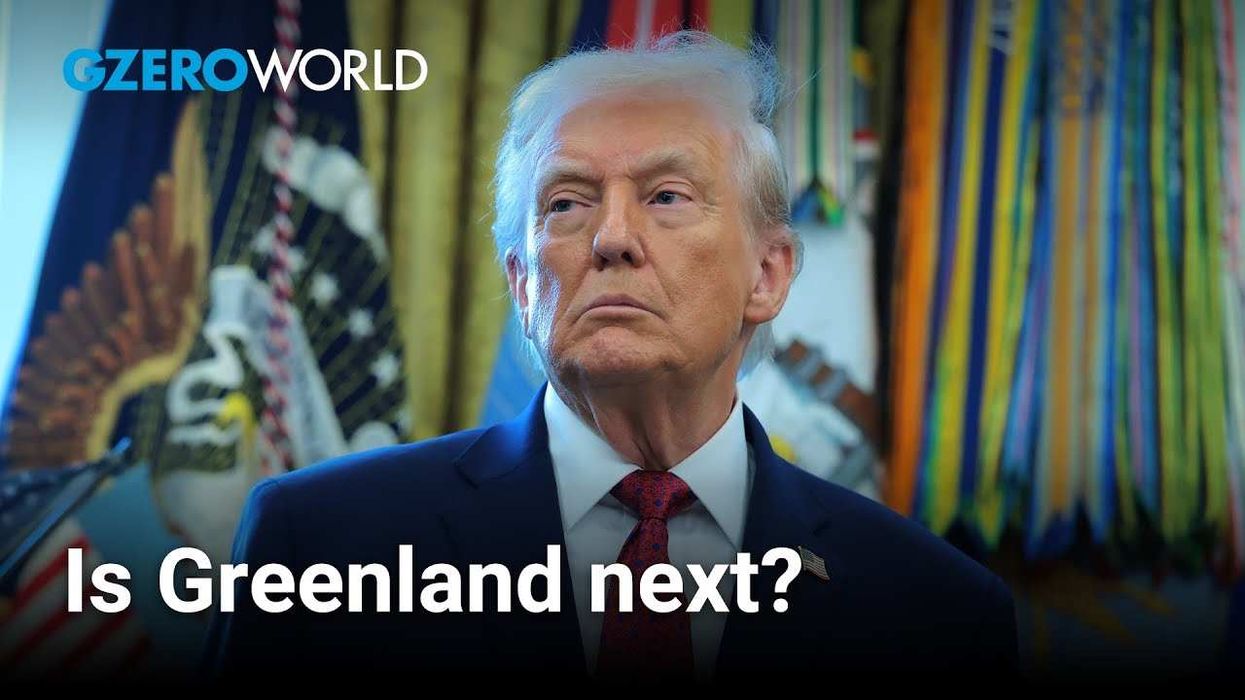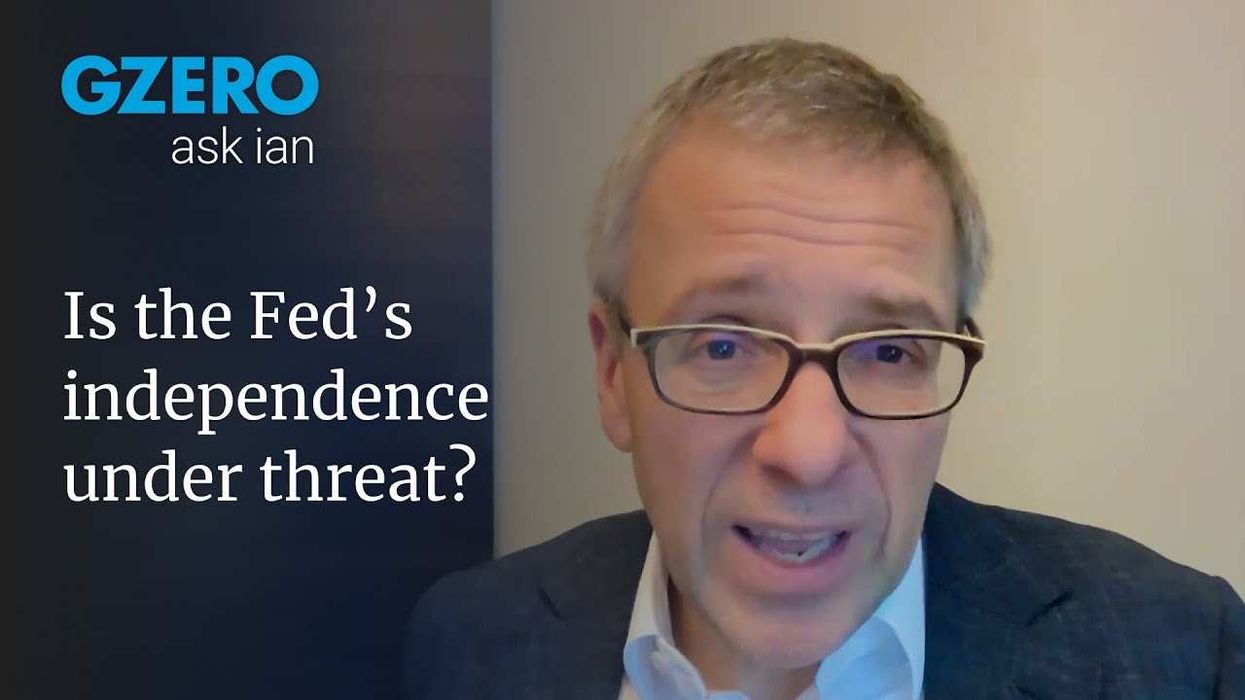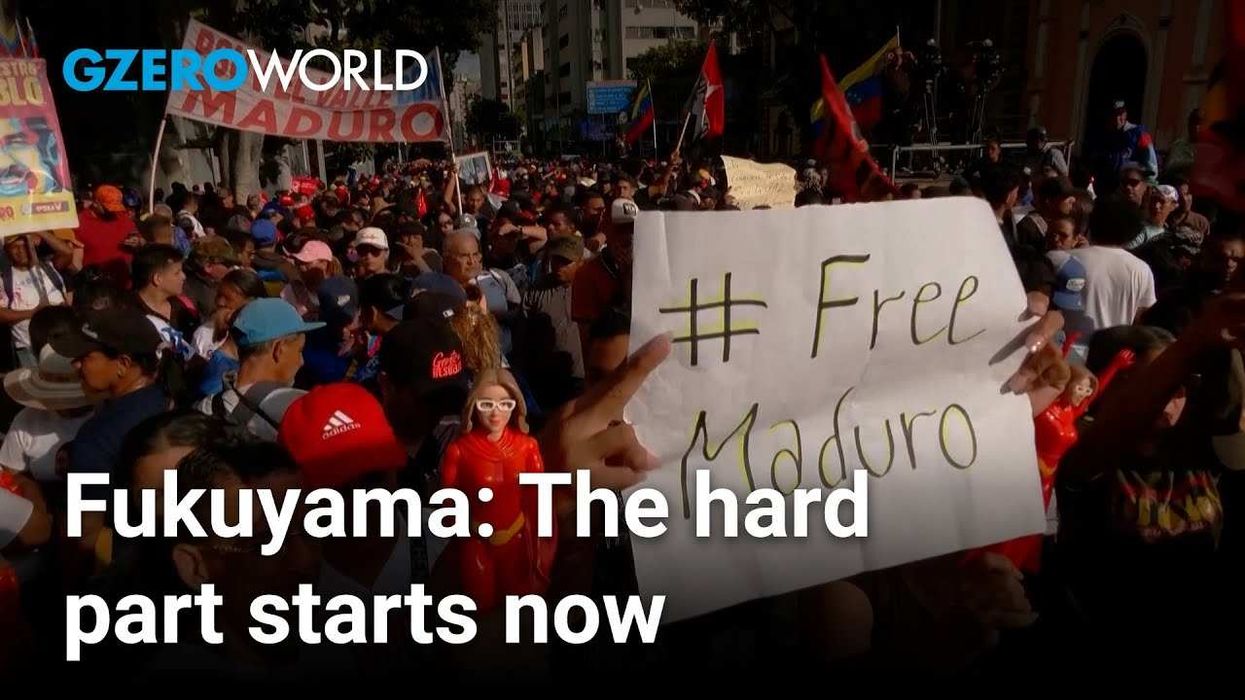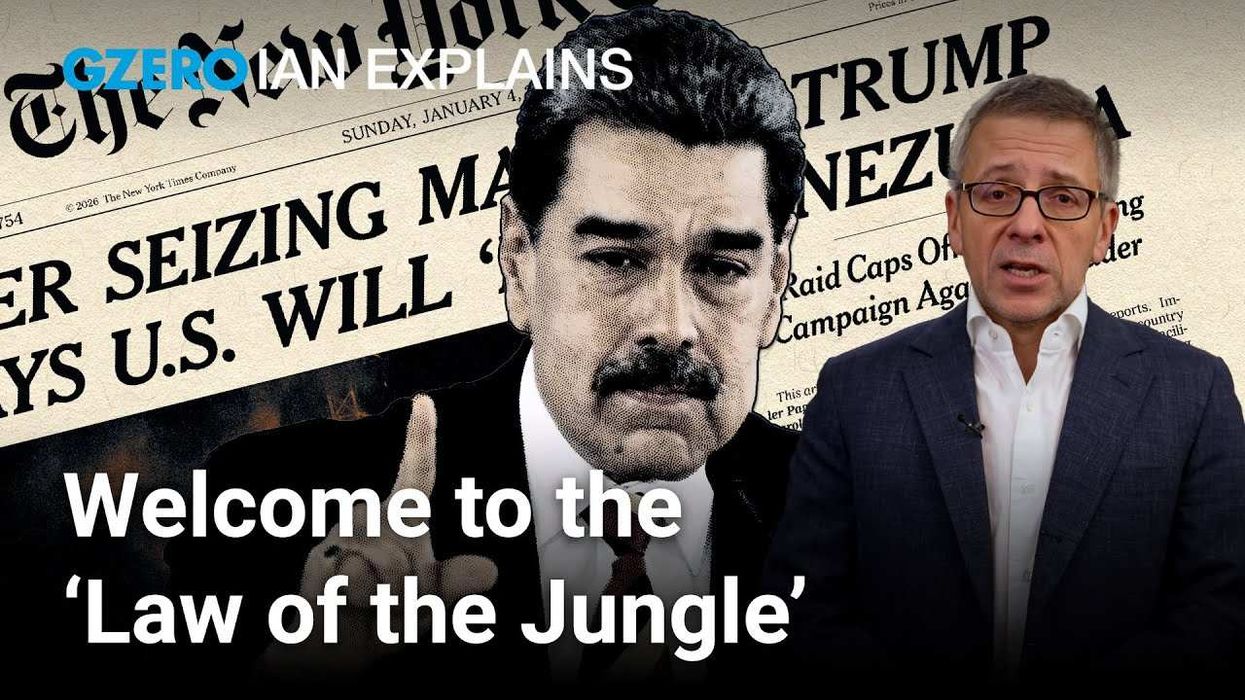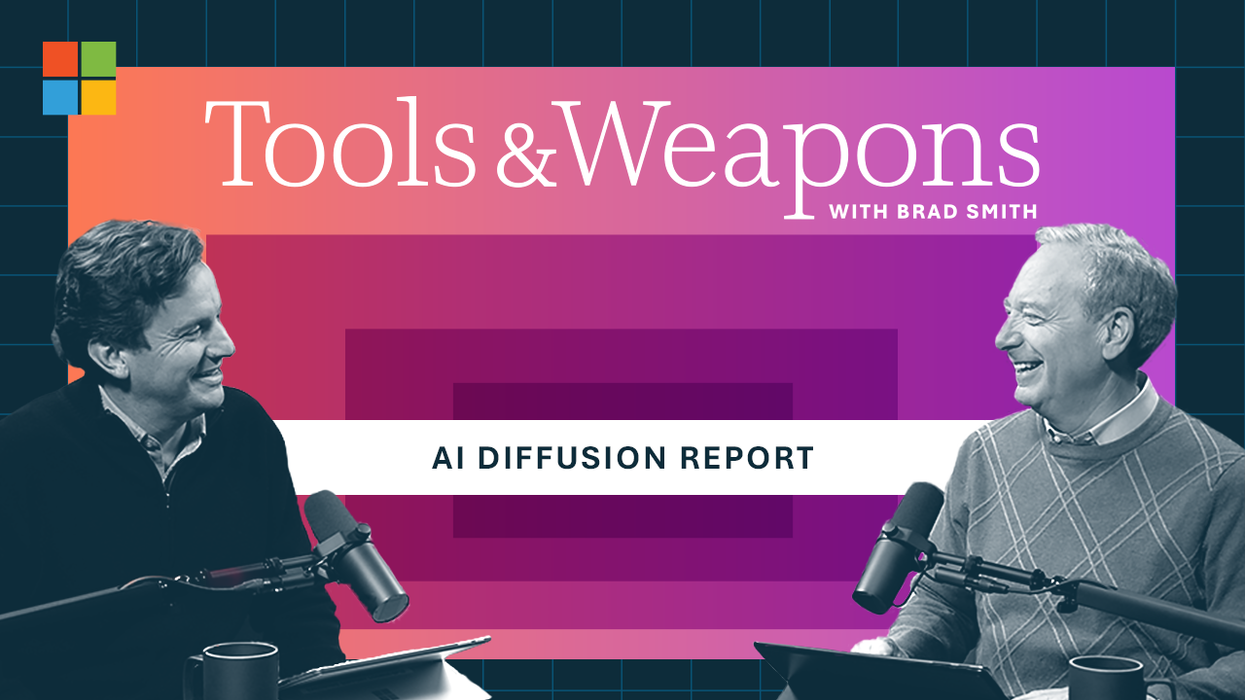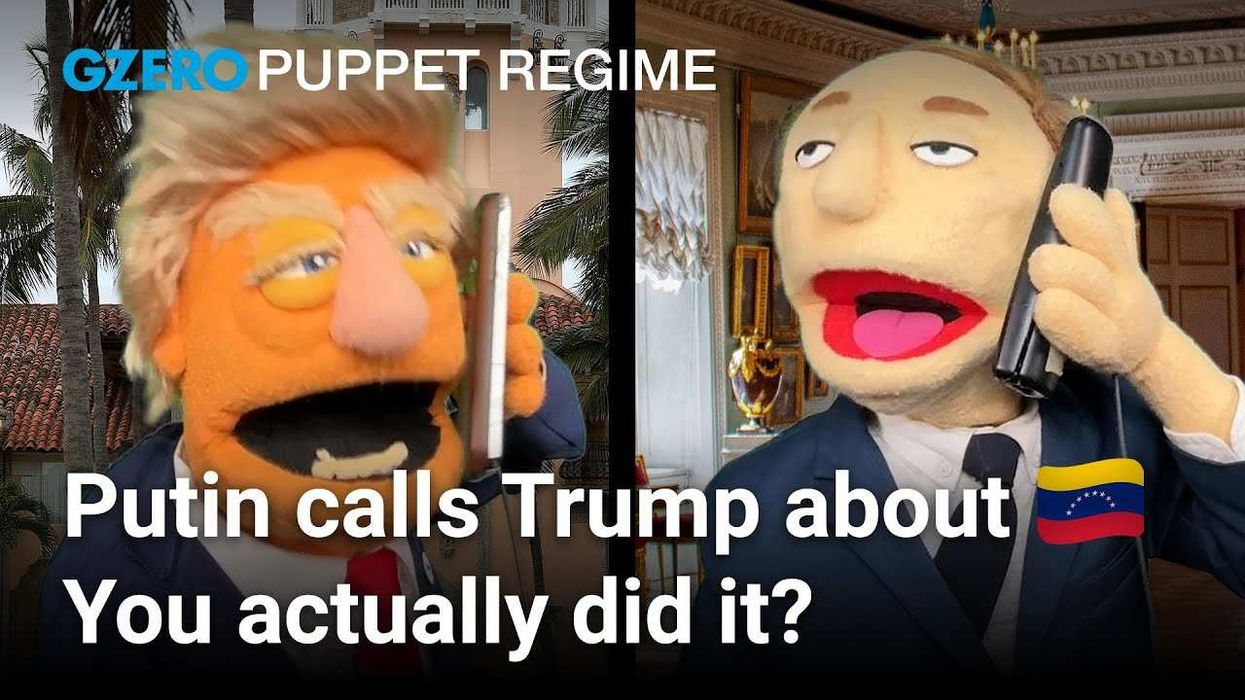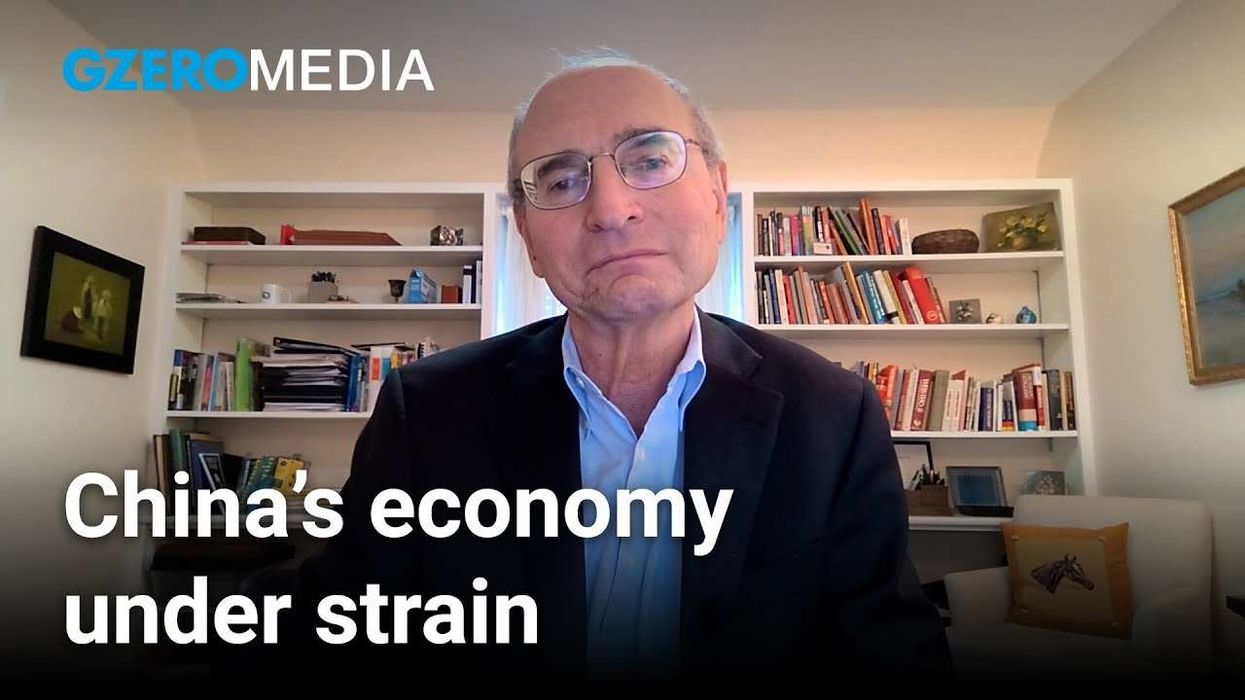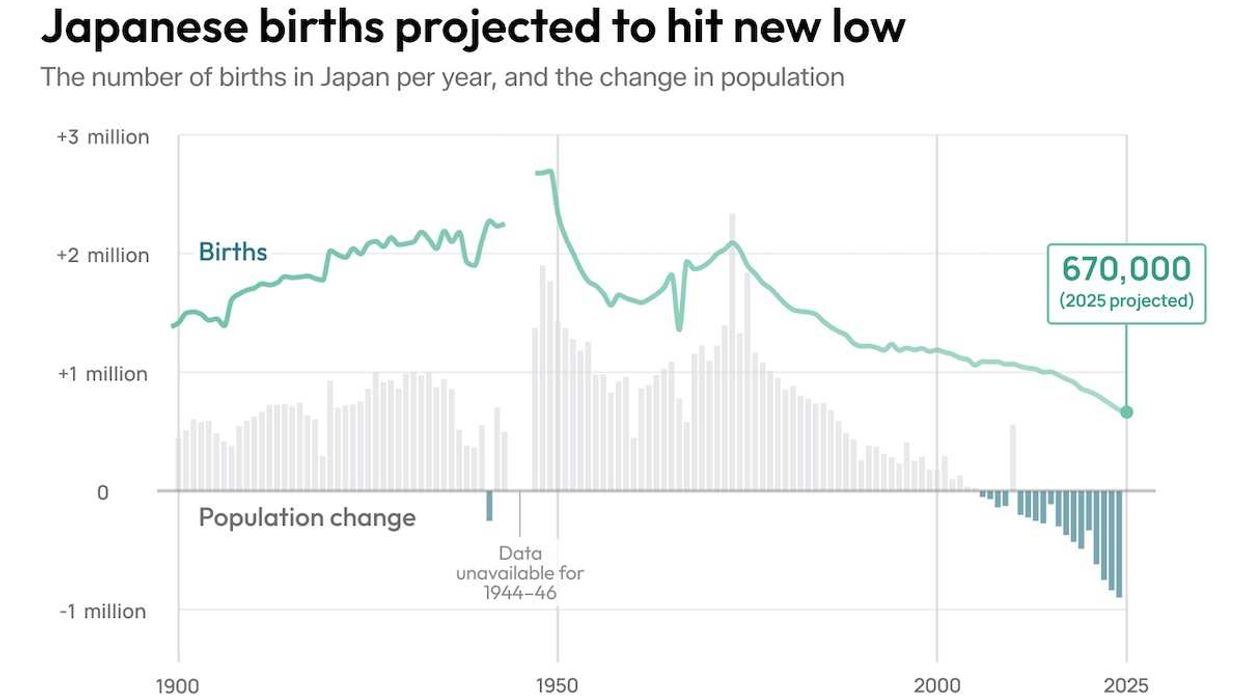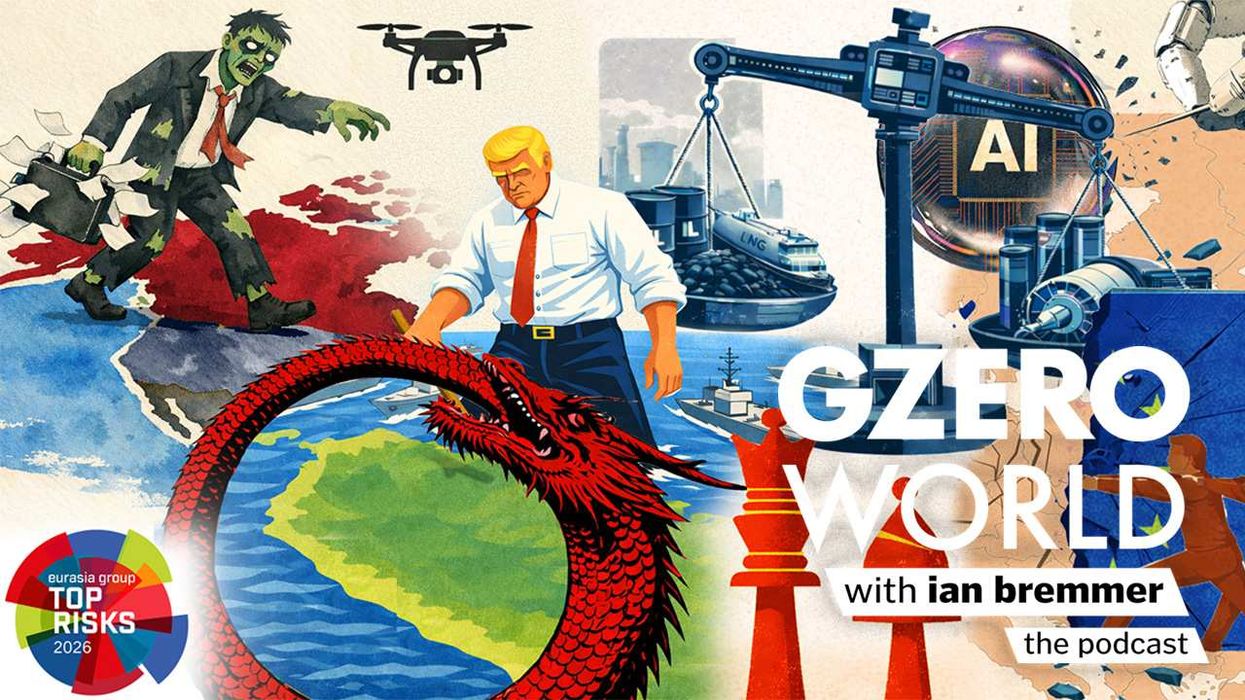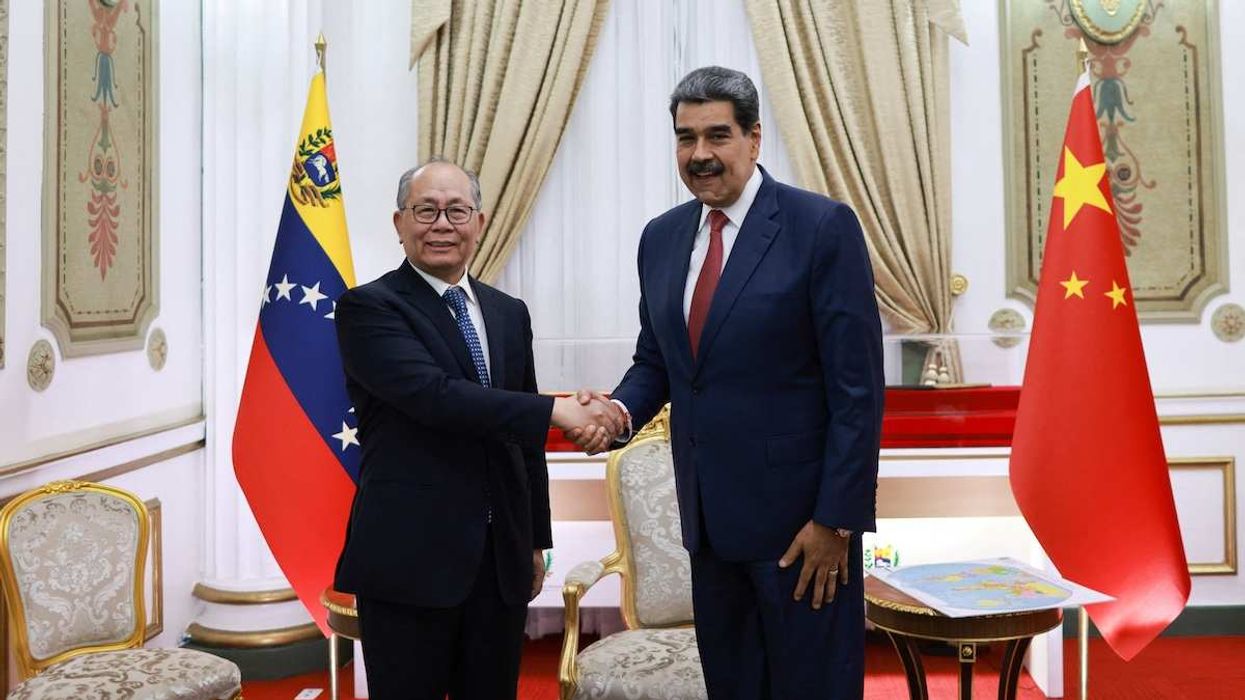On Wednesday evening, the US Court of International Trade came down with a seismic ruling: President Donald Trump could not impose his “reciprocal” tariffs, which include his 10% across-the-board levy and the extra duties he announced on “Liberation Day.”
What does that mean for the president’s trade agenda? For politics in Washington? And for businesses? We asked several of the best minds in the world from Eurasia group, and here’s what they had to say.
So, let’s start with the major questions for Trump: What is the impact of the ruling? What tariffs will remain in place? Will he fight back?
The ruling blocks Trump from using the International Emergency Economic Powers Act to implement blanket tariffs, a reminder that the US political system still impose some restraints on the president, according to Eurasia Group’s Head of Research Jon Lieber.
- “Even though Trump continues to shatter Washington norms and is moving so fast the courts can barely keep up, there are still meaningful checks on his power that will be brought by the courts.”
The ruling does leave in place Trump’s other tariffs on specific sectors, like the ones on aluminum, auto parts, and steel, as well as the upcoming duties on pharmaceuticals. These sectoral tariffs are more complicated to implement, though, says Eurasia Group US analyst Noah Daponte-Smith.
- “Sectorals focus on specific sectors and require a full investigation beforehand. You can’t just declare them out of the blue.”
Trump will fight the court’s ruling – White House Deputy Chief of Staff Stephen Miller has already decried it as “judicial coup.” A federal appeals court temporarily reinstated the tariffs on Thursday, pending the administration’s appeal. A big reason for Trump’s response is that there are many benefits to the president from introducing new tariffs via IEEPA, per Robert Kahn, Eurasia Group’s managing director of Global Macro.
- “He’s turned to it often because of the flexibility, the leverage it gives, [and the] ability to basically use it in a wide variety of circumstances.”
Even if the ruling is upheld, though, Lieber predicts that Trump “will likely find other, narrower and more administratively burdensome ways to implement tariffs.” All to say, Trump’s trade war isn’t done yet.
How will this ruling affect bilateral trade negotiations involving the US?
Several countries have tried negotiating a trade deal with the United States since Trump announced his “reciprocal” tariffs on April 2. The United Kingdom nabbed one earlier this month.
But the court’s ruling could cut Trump’s leverage.
An interesting case in point is Japan, which has held regular talks with the US over a trade deal in recent weeks. Tokyo’s extra leverage means it will be more cautious about what it offers to Washington, according to David Boling, Eurasia Group’s director for Japan and Asian trade.
- “Japan will be more careful about making any big concessions, until the legality of IEEPA is decided. Likewise, US negotiators are likely to move cautiously, waiting for the legal clouds to clear.”
South Korea is also negotiating with the United States over a trade deal, but the talks may become less urgent, per Eurasia Group regional expert Jeremy Chan.
- “I think it will marginally decrease the pressure on South Korea to get a deal, and the urgency over a July 8 timeline is also gone, … so we can expect somewhat slower deliberations but still continued interest on both sides to agree to something (likely after Japan).”
What does the court ruling mean for businesses?
Markets edged up in response to the court ruling, on expectations that it would reduce the chances of an economically disruptive trade war. Kahn, though, remains skeptical of the long-term benefits to businesses and markets, saying the ruling “adds an additional layer of uncertainty to [investment].”
- “I don’t think there’s a clear consensus yet on what happens [next]. I do think it’s important to emphasize that the president remains committed to his tariff agenda, and we have to assume that he will fall back on the other tools in his arsenal.”


